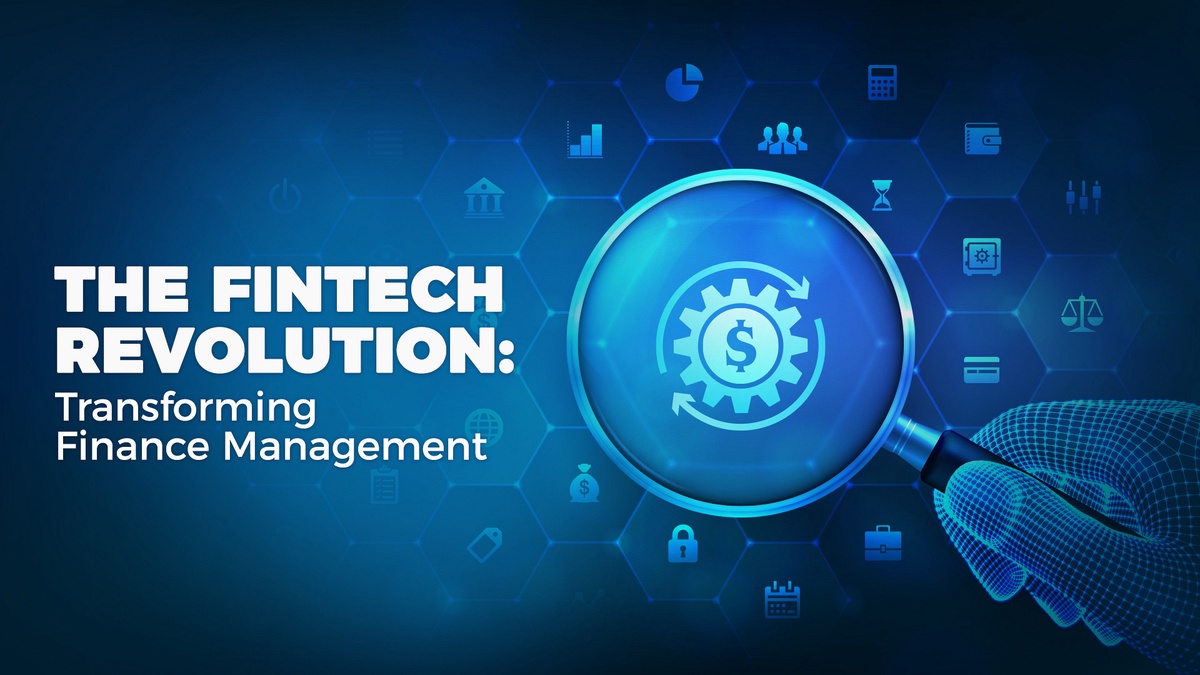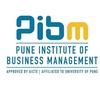In recent years, Financial Technology, or FinTech, has emerged as a transformative force in the world of finance management. With the integration of innovative technology and AI, FinTech has revolutionized how we handle financial transactions, manage investments, and access financial services. This article explores the impact of FinTech on financial management and how pursuing an MBA in fintech in Pune is beneficial. The article also talks about PIBM, a renowned management institute in Pune.
FinTech’s Impact on Financial Management
FinTech has fundamentally changed the way individuals and businesses manage their finances. Traditional financial management often involved cumbersome paperwork, manual processes, and limited accessibility. However, these barriers have been dismantled with the advent of FinTech solutions.
One of the key ways FinTech transforms financial management is through the digitization of transactions. Online banking, mobile payment apps, and digital wallets have made financial transactions faster, more secure, and more convenient. According to recent statistics from IMARC Group, global mobile payment transaction market volumes reached a staggering USD 2.12 billion in 2022, showcasing the widespread adoption of FinTech solutions.
Moreover, FinTech has empowered individuals to take control of their finances through personal finance management apps. These applications offer comprehensive financial planning tools, budgeting assistance, and real-time expense tracking. By leveraging artificial intelligence and machine learning algorithms, these apps provide personalized recommendations and insights tailored to individual financial goals.
The Importance of FinTech in the Financial Industry
FinTech's importance in the financial industry cannot be overstated. It has disrupted traditional Banking and Financial Institutions by offering innovative alternatives that are more customer-centric and agile. With their streamlined operations and digital-first approach, FinTech companies have gained a competitive edge in the market.
One area where FinTech has made a significant impact is financial inclusion. Traditional banking services were inaccessible to many individuals, especially those in remote areas, without proper documentation. However, FinTech has bridged this gap by providing access to basic financial services through mobile banking and digital payment platforms. This has allowed previously underserved populations to participate in the formal financial system, driving economic growth and empowerment.
Benefits of FinTech
The benefits of FinTech are manifold. FinTech offers enhanced efficiency and convenience. With FinTech solutions, financial transactions can be conducted anytime, anywhere, reducing the need for physical visits to banks or financial institutions. This convenience is particularly valuable in our fast-paced, interconnected world.
In addition, FinTech promotes financial inclusion by bringing financial services to the unbanked and underbanked populations. Mobile banking, digital payments, and microfinance solutions have empowered individuals in developing countries to engage in economic activities and build a secure financial future.
The final benefit of FinTech is that it fosters innovation in the financial industry. Startups and established companies are pushing the boundaries of what is possible, creating new products and services that cater to evolving customer needs. This continuous innovation fuels competition and spurs growth in the sector.
FinTech’s Bright Future
The future of financial management undoubtedly lies in FinTech. As technology continues to advance at an unprecedented pace, FinTech is poised to become even more integral to the financial industry.
Here are a few reasons why FinTech is the future:
-
Efficiency and Cost Reduction
FinTech solutions automate complex financial processes, reducing human error, and saving time. With streamlined operations, financial institutions can cut costs and pass on savings to customers. This efficiency is crucial in an increasingly digital world where speed and accuracy are paramount. -
Blockchain and Cryptocurrencies
FinTech has given rise to blockchain technology and cryptocurrencies, such as Bitcoin and Ethereum. Blockchain offers secure, transparent, decentralized transaction records, revolutionizing cross-border payments and smart contracts. Cryptocurrencies provide alternative investment opportunities and challenge traditional monetary systems. -
RegTech and Security
FinTech has also spurred the development of regulatory technology (RegTech) solutions. These tools help financial institutions comply with complex regulations efficiently. Additionally, FinTech emphasizes robust security measures, including biometric authentication, encryption, and fraud detection algorithms, safeguarding financial transactions and protecting sensitive information.
In this era of FinTech transformation, it is crucial for professionals to acquire the knowledge and skills to navigate this rapidly evolving landscape. Pune Institute of Business Management (PIBM) recognizes the importance of FinTech and offers a cutting-edge MBA program with a specialization in FinTech.
This program equips aspiring FinTech professionals with a comprehensive understanding of financial technology, blockchain, cryptocurrency, data analytics, and regulatory compliance. Graduates of PIBM's MBA in FinTech program are well-positioned to drive innovation and spearhead the future of finance. Hence, if you’re considering an MBA in FinTech in Pune, PIBM can be your prime choice.


No comments yet